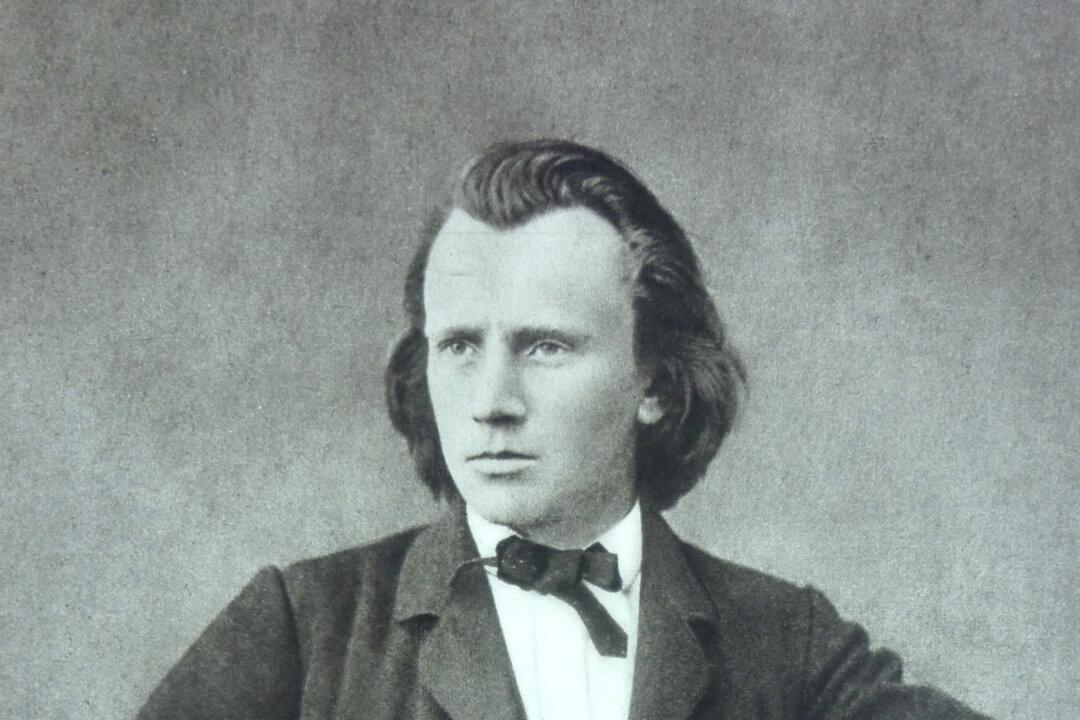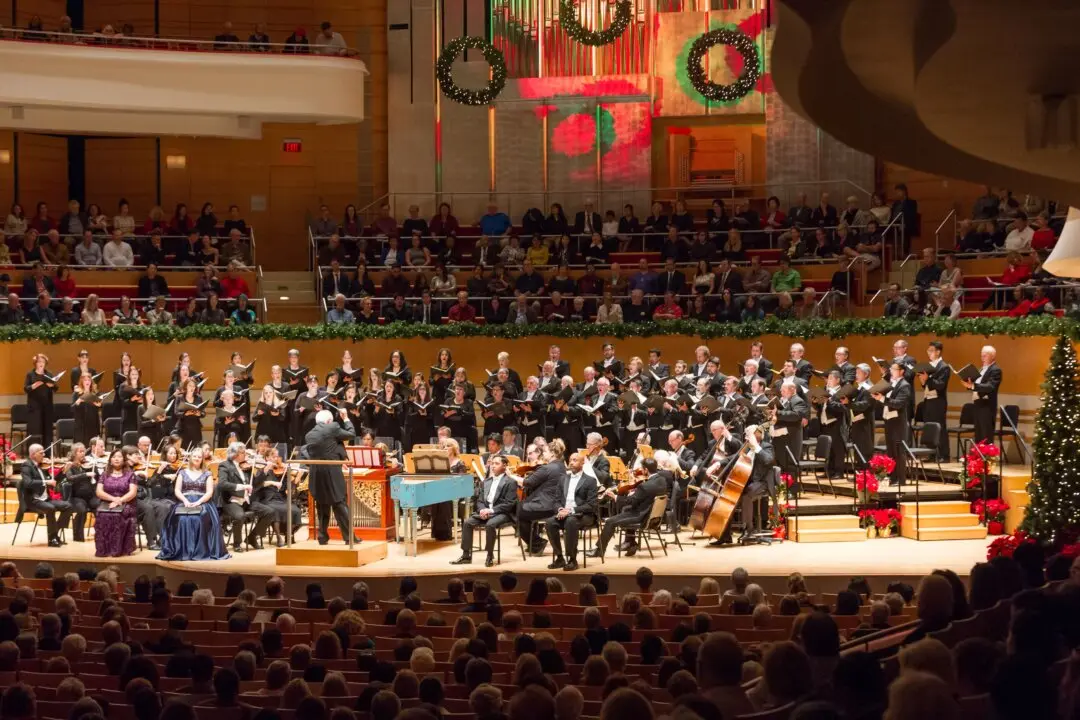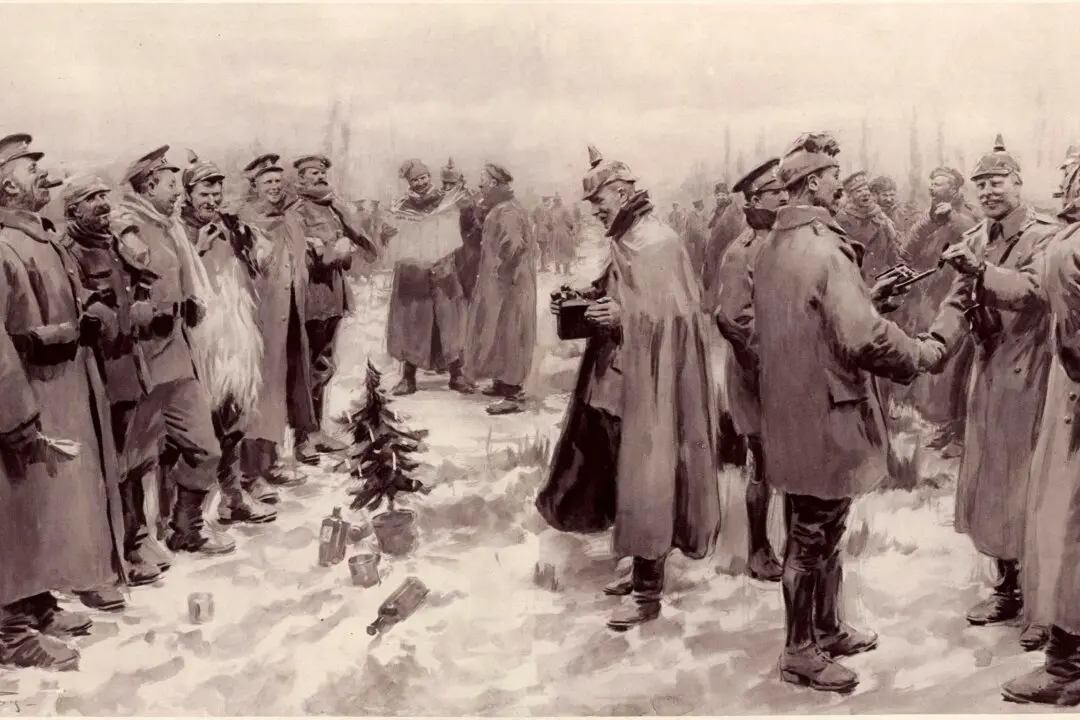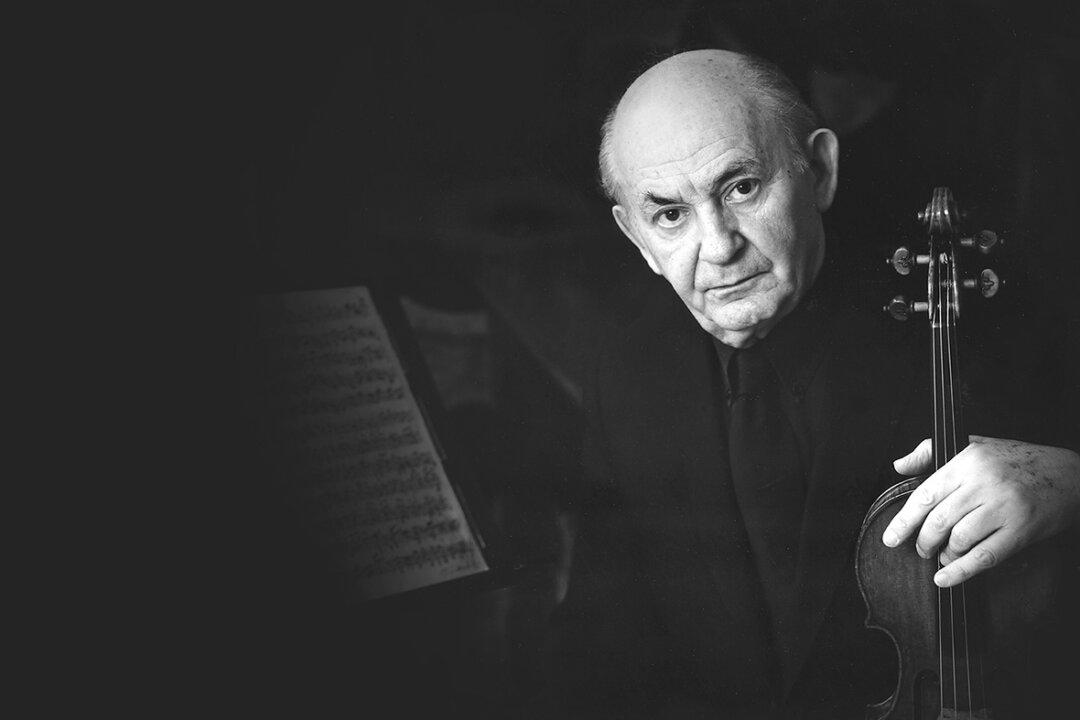Johannes Brahms might have been a genius, but he was still a man. He, like the rest of us, had to have his breakfast, make his living, and deal with adversity.
His close friend George Henschel, the English baritone, described Brahms, the man of 41 years as “broad-chested, of somewhat short stature, with a tendency to stoutness, clean shaven; his thick straight hair of brownish color came nearly down to his shoulder. What, however, struck me the most … was the kindliness of his eyes.”






